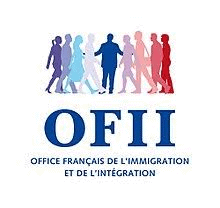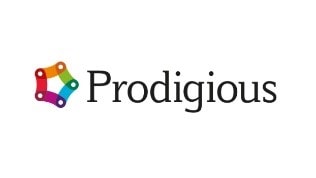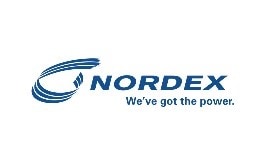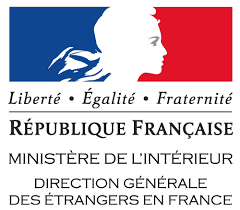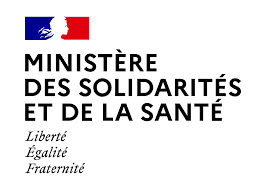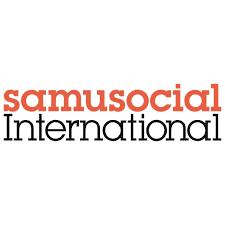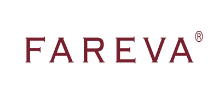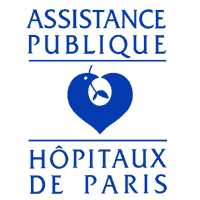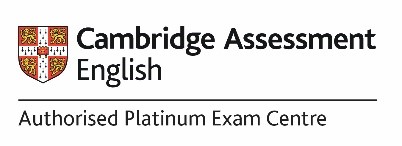Medical translation
A fast-growing specialty
Medical translation is currently highly-demanded, and more specifically translation of medical texts from French into a foreign language, or generally from English into French. Let’s try to understand the reasons for this boom: international mobility in the medicine and health sector, as well as the development of medical tourism observed in recent years, has increased the demand for professionals in these respective sectors to satisfy diverse clients; this sector is growing day by day, ranging from simple translations of medical documents, such as examination findings, reports, medical images and correspondence between hospitals, to medical marketing, which includes communication and advertising operations, as well as medical, popularized or specialized literature.
Since we are talking about the focused specialization, it is important to bear in mind that the medicine and healthcare operate complex terms and concepts, which are obscure for lay public, so the task of a professional translator is to make these terms and concepts more understandable while translating them into the target language; as the level of development of medical sciences may be asymmetric in different countries of the world, it is sometimes not easy to select exact and relevant terms corresponding to those in the original French language; medical equipment is constantly improved and innovated, which makes us sometimes rack our brains to find correct equivalents for various terms.
Extralinguistic knowledge
and essential continuous education
Like other specialties, medical translation requires interdisciplinary and extra-linguistic knowledge based on documentary approach including advanced knowledge in anatomy, physiology, pathology and pharmacology.
In his article “Methodology of medical translation”, Amal Jammal points out that a discursive type of the translated text should be taken into consideration, because the ”tonality” of writing, i.e. the choice of style and vocabulary according to their connotation, will depend on the type of the text to be translated.
In the context of medical translation such tonality can have an informative character, notably, if we deal with a product monograph or a scientific article. Its sole purpose is to convey information as accurately as possible (…) – instructive, like promotional material presenting information about potential benefits of a drug to a physician. Like any other advertising, the text not only conveys information; it is aimed to evoke a psychological reaction in the reader or listener, encouraging him to perform certain steps [1] ”
Medical translation requires keeping the medical translator’s knowledge of the subject up-to-date through continuous education as well as his vigilance to possible problems, for example, a translator may need time to read the entire translation of a text intended for you, without word-by-word checking. This is another form of revision.
[1] – Jammal, A. (1999). A methodology of medical translation. Meta, 44 (2), 217–237. https://doi.org/10.7202/003249ar
- Reactivity
- Optimal quality
- Absolute confidentiality in the realization of your projects
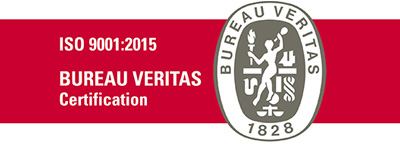 AFTCom is an ISO 9001: 2015 certified agency; the certificate registered under the number FR061595-1 has been issued by Bureau Veritas
AFTCom is an ISO 9001: 2015 certified agency; the certificate registered under the number FR061595-1 has been issued by Bureau Veritas 
